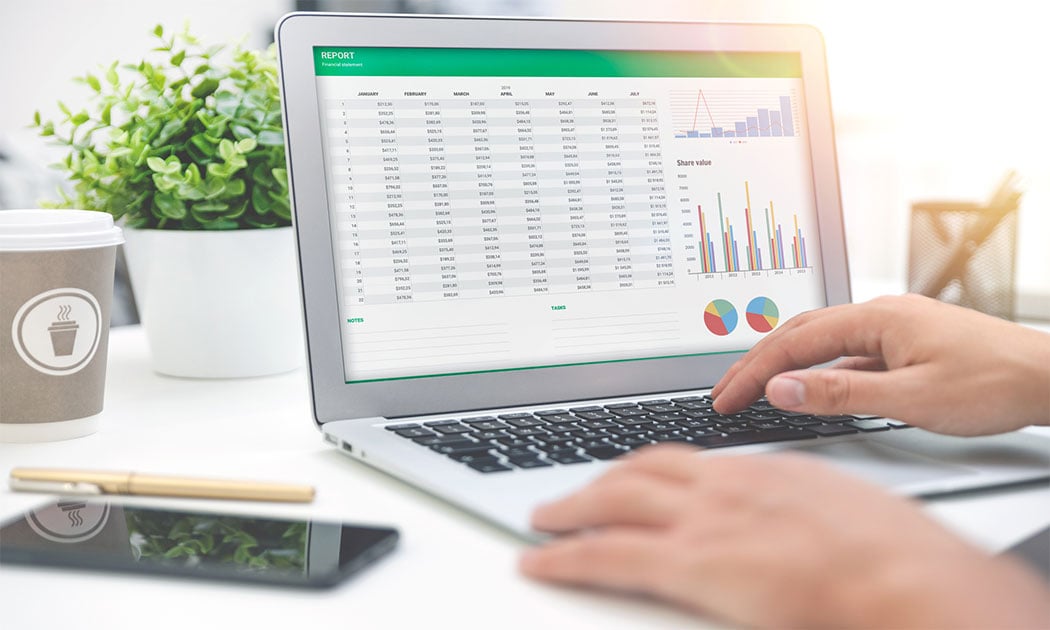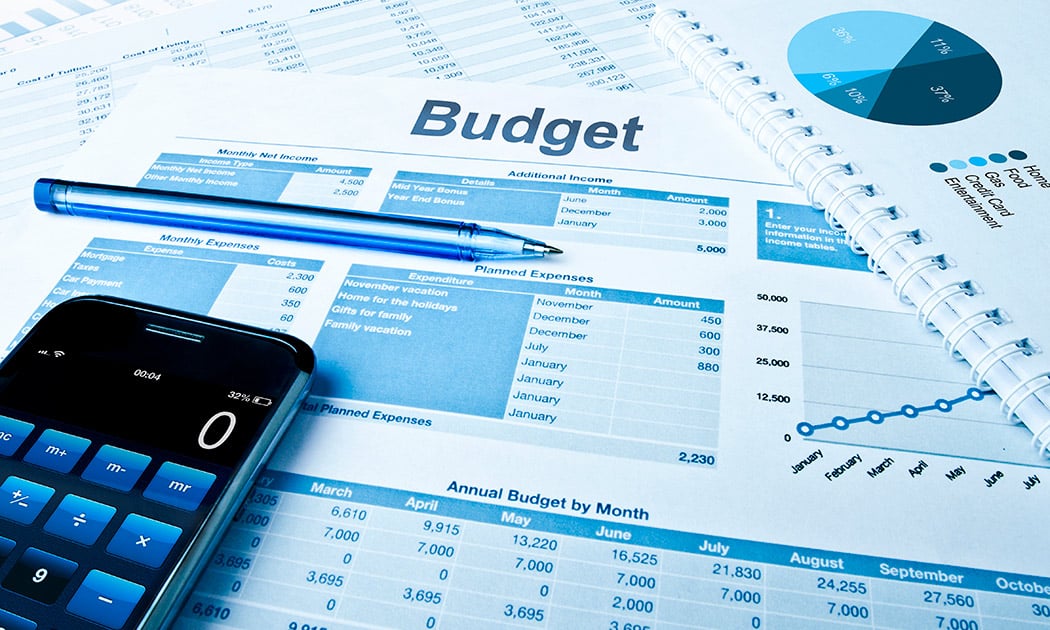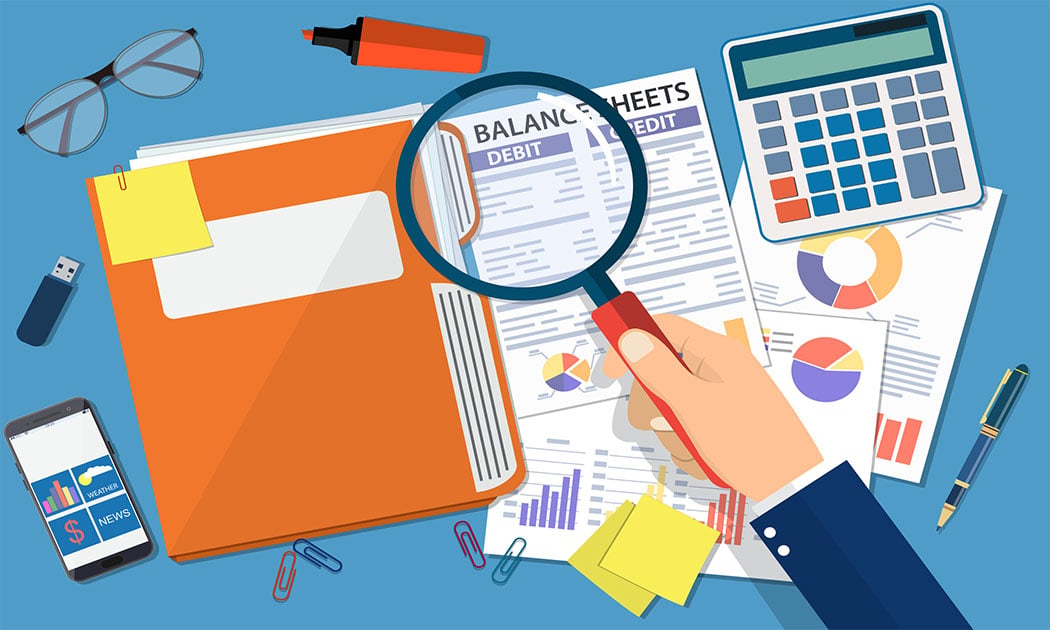The Payroll Blog
News, tips, and advice for small business owners
- Home
- Resources
- Payroll Blog
- 7 Tips for Building a Business Emergency Fund
7 Tips for Building a Business Emergency Fund
It’s no secret that cash flow is a major concern for small business owners. According to our Small Business Worry Index, cash flow worries were right behind concerns about the economy, which tend to go hand in hand.

While saving money is something everybody knows needs to be done, implementing a savings habit can be challenging. Between saving for retirement, big purchases, college educations, and more, it can be daunting to know how to start saving more. When running a small business, it’s necessary to have a business emergency fund in place. Whether you’re just setting up an emergency fund, or looking for ways to save more, we have some tips below.
Understand Non-negotiable Expenses
In the event of needing extra funds during an emergency, one of the first things people do is look at their expenses and decide if any can be reduced or removed. Depending on your business, you may need to consider having enough saved to cover your rent or mortgage, utilities, and for businesses with employees, payroll is non-negotiable. We put a spin on Maslow’s Hierarchy of Needs for small business owners to understand what you need to prioritize in a cash flow situation, and how to separate your needs from your wants. Knowing what must be covered in the event of a business emergency can help you set a goal for what your emergency fund should have in it.
Keep Track of Slow Seasons
While some businesses are naturally seasonal, such as an ice cream shop, ski/snowboard stores, or beach boardwalk restaurants, other businesses may face slower periods that have nothing to do with the changing seasons. It’s important to plan for cash flow when operating a seasonal business because you’ll need enough on hand to get you through the slower months. Still, non-seasonal businesses should also be aware of any periods that could impact cash flow. Historically, January is a slow month for sales across the board as people have spent a lot during the holidays. By understanding slow periods, you can proactively plan to either have cash saved or come up with creative promotions or ideas to bring more business to your door during those times.
Start Small
When it comes to goal setting, it’s helpful that the goals are actually something you can reach. When it comes to saving for an emergency fund, you may be freaking out a bit if you have nothing saved but know you need several thousand dollars in the event of an emergency. Looking at the big picture can be daunting and discourage you from saving because it’s easy to think you’ll never hit that goal. Setting small, achievable targets can keep you on track. One tip is to automatically put a percentage of all sales towards your emergency fund. A set it and forget it mentality can help you save up without having to overthink or feel like you’re missing out on that extra money. You can also set monthly or quarterly goals for your saving based on what your end goal is. When you hit your savings goals, you’ll be more motivated to continue.
Keep Saving in Good Times
You will likely encounter times when business is booming, and you are bringing in a ton of business. It’s easy to want to have some fun with your extra revenue, such as doing some redesigning in your business, adding on some additional perks like a fancy coffee machine, or other items to boost your business. However, similar to making good use of a tax refund, it’s important to stay on track during these high business times and not go on a spending spree with your extra revenue. Try to save even more money when business is going well.
Separate Business and Personal Savings Accounts
As a small business owner, it can be easy to combine your business and personal expenses. We’ve previously talked about the issues of keeping these expenses connected but at a high level, joint accounts for business and personal use can make accurately tracking cash flow a challenge. You may think that you have enough in the bank for an emergency, but when everything is combined, it can be hard to know which emergency. For example, do you have enough on hand if a pipe bursts at home AND your business at the same time? While that’s an extreme example, you never know when something could impact both areas of your life and leave you scrambling for extra funds. A new bank account, even one at a different bank, can be a great place to start when you’re ready to separate your business and personal finances.
Consider Different Emergencies
Not to be a bummer, but many emergencies could arise when running your business. While having a general emergency fund is good, it may be worth thinking through some specific alternatives to diversify your savings. As an example, if you need to pay estimated quarterly taxes, instead of being caught off guard, you could have dedicated savings account for those taxes. If you’re adopting a DIY method for payroll, you may want to have savings on hand in the event of an error from miscalculating payroll taxes. The economy is always changing and it’s normal to have high periods but also eventually encounter some negative times or recessions. Ensuring you have enough saved to get you through that time is also something to consider.
Ask For Help
Financial goals can be overwhelming, which is where a financial advisor or accountant can be helpful. When you’re just starting out with a business emergency fund, you might be wondering where even to begin and what you should be saving for. Sitting down with a financial advisor or accountant can help you better understand your full financial picture, ensure that you’re saving the proper amounts, and work together to make a savings plan. Additionally, once you have started with them, they will be able to keep you accountable and also lend a helping hand for the time you do have a business emergency.
Bottom Line
Saving money can be hard, as shown by the CNBC study that discovered one in five working American adults don’t save for short or long term goals. While it’s not fun to imagine a day your business may be hurting, it’s important to think about so you aren’t blindsided in the event something major does happen. The good news: there are always trustworthy sources you can turn to for guidance, and ways to get funding for your small business if you don’t have enough in savings to get you through a tough time.
Related Blog Posts
View Our Plans and Pricing
Small Business Is Our Business.
This website contains articles posted for informational and educational value. SurePayroll is not responsible for information contained within any of these materials. Any opinions expressed within materials are not necessarily the opinion of, or supported by, SurePayroll. The information in these materials should not be considered legal or accounting advice, and it should not substitute for legal, accounting, and other professional advice where the facts and circumstances warrant. If you require legal or accounting advice or need other professional assistance, you should always consult your licensed attorney, accountant or other tax professional to discuss your particular facts, circumstances and business needs.



